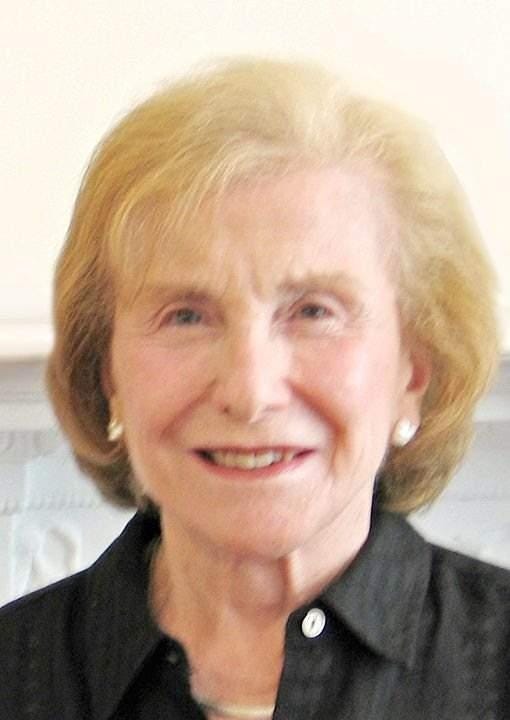
Women today have many more choices than did earlier generations: whether to work or pursue a career, if and when to have a baby, whether to be a stay-at-home mom or to work outside the home, and the kind of child care to pick if they work. So many choices — or so it seems.
Choice was meant to be liberating. It became the mantra of an earlier generation in the women’s movement. But choice means making a choice, having to choose within the limits imposed by reality. Choice turns out to be not always as liberating and empowering as everyone had hoped. Choice seems to bring with it many conflicts, both internal and external.
Many women are struggling to meet the competing demands made of them. The most difficult balancing act has become the one between family life and work. Parents trying to find that balance have found that the work world is such that getting ahead — even staying in place — does not permit giving the consideration they would like to family life.
Even the choice to work is in itself not always a choice. Economic reality is such that the need for dual incomes has become a fact of life. Yet, many choices are involved in making that decision, such as where people want to live, what kind of education they choose for their children, what material benefits are important to them. What one values becomes a major issue in the choices made.
But the conflict that has arisen for many women in trying to decide whether to work outside the home has to do with feelings within themselves. Individual care, and especially mother care, has long been idealized in our culture. We’ve all been exposed to these beliefs and they permeate our feelings.
We fall in love with our babies and are loathe to turn them over to someone else’s care. That doesn’t mean they can’t do well without our being there 24/7. It means that we feel that they won’t, and start to feel guilty if we are not there.
These feelings often lead mothers to feel they must give every available hour they are not at work to their children — not only the realistic demands of work and family, but the kinds of demands they make of themselves can become overwhelming, demands stemming from an unrealistic picture of children’s needs. In many cases, when financially possible, this has led to a decision to give up one’s work life.
Everyone tries to make the decision that is best for her own situation, but too often what propels such decisions are not just the reality factors, but the conflicted feelings that are stirred up by the choices involved. Conflict within ourselves creates the feeling that something is wrong, or we wouldn’t feel this way. We want to rid ourselves of this feeling that causes anxiety, and think that the right decision would take care of it.
As mothers and citizens, there are things that we can work to change, such as better and more available child-care, more parent-friendly conditions in the workplace. But conflicted feelings are always going to be with us.
They are part of life, because hopefully we have all learned that nothing is perfect. We may choose one thing over another, but that doesn’t mean the conflict will be resolved. Instead, we have to learn how to live with contradictory needs and wishes — just as our children do.
Choice can be a good thing — as long as we remember that choosing something almost always means also giving something up.
Elaine Heffner, LCSW, Ed.D., has written for Parents Magazine, Fox.com, Redbook, Disney online and PBS Parents, as well as other publications. She has appeared on PBS, ABC, Fox TV and other networks. Dr. Heffner is the author of "Goodenoughmothering: The Best of the Blog," as well as "Mothering: The Emotional Experience of Motherhood after Freud and Feminism."
This article originally appeared on Crestview News Bulletin: Having to choose
